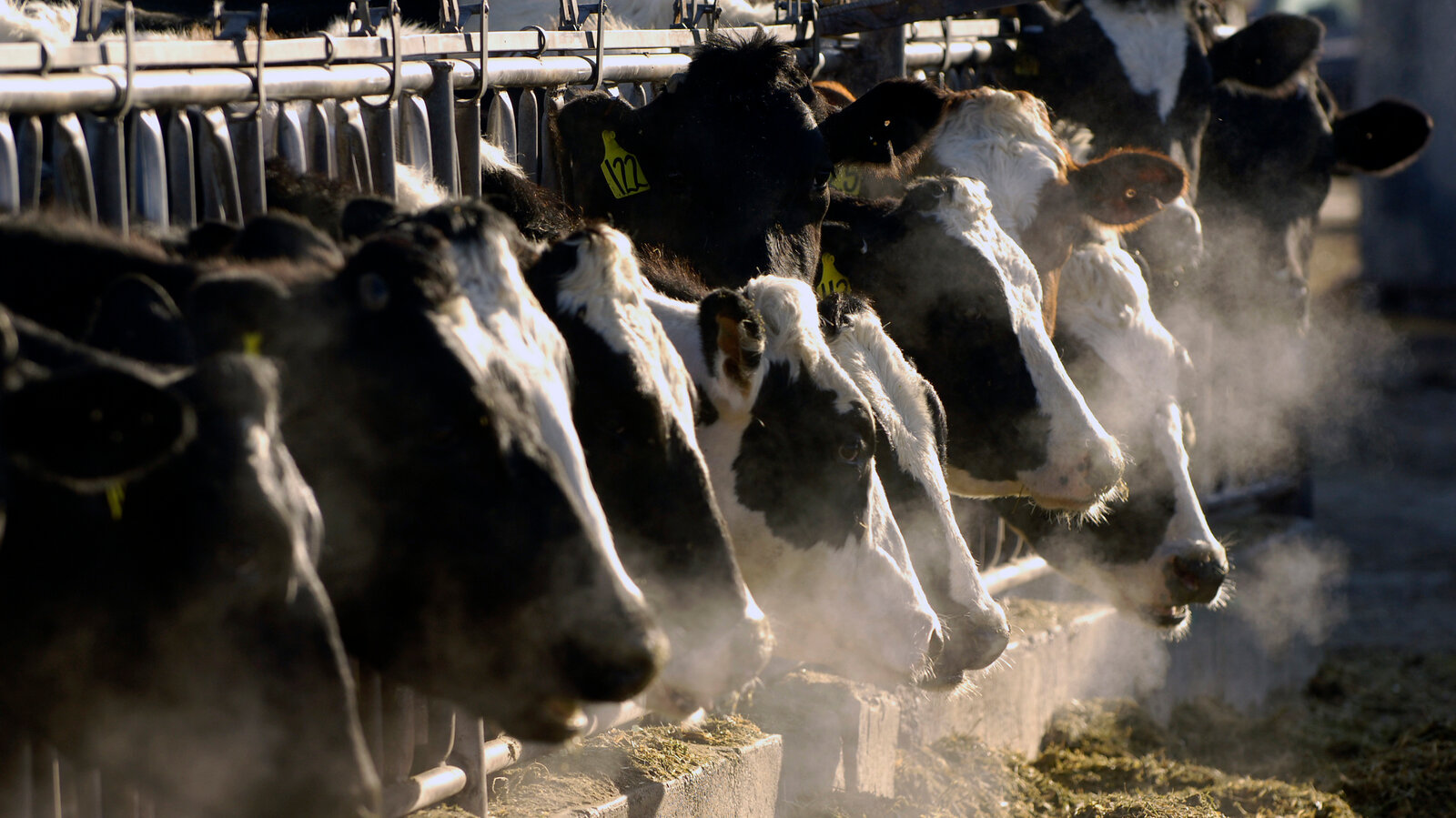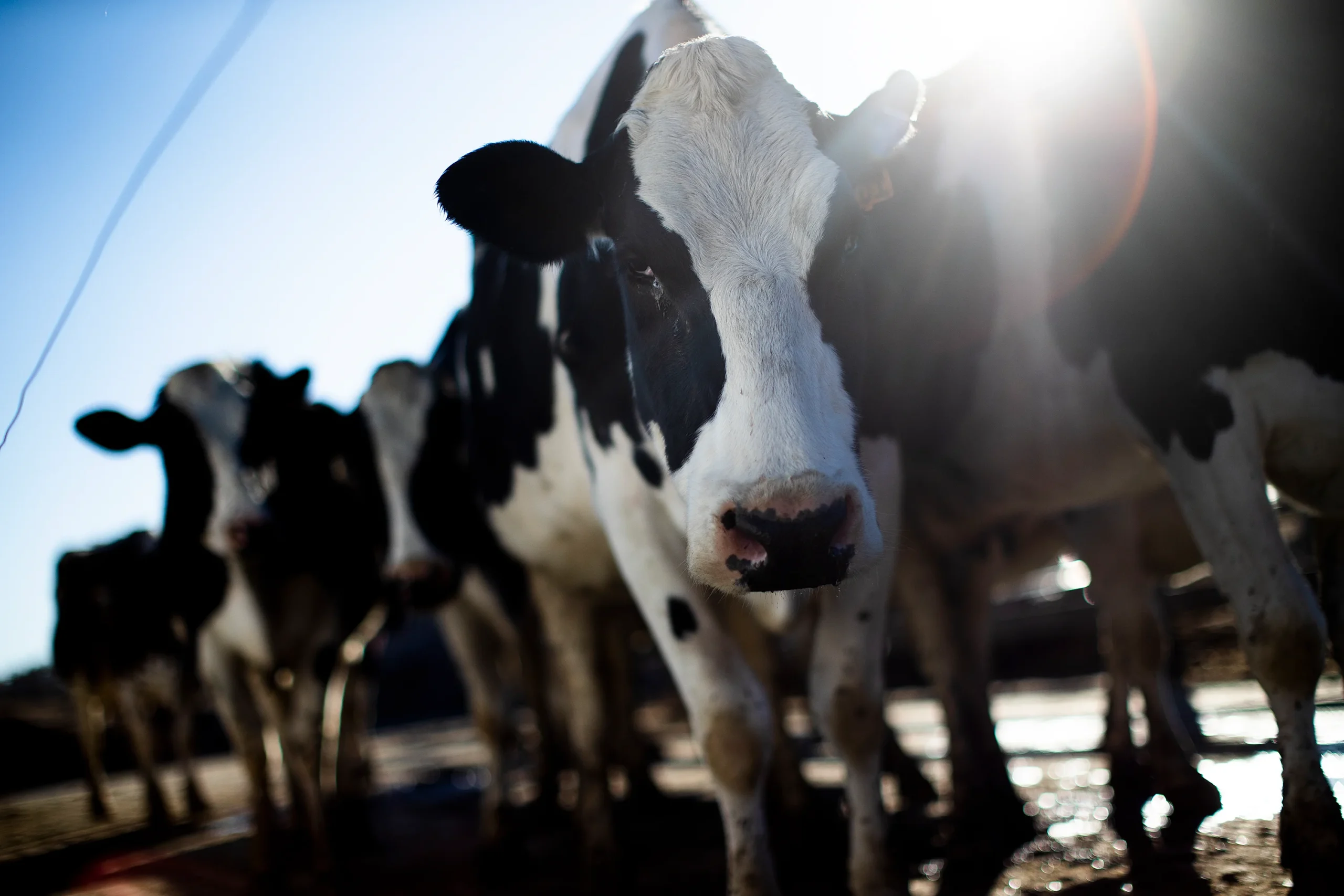The Food and Drug Administration announced on Friday that a pasteurization method commonly used in the dairy industry has proven effective in eliminating bird flu from milk, following earlier concerns raised by a federal laboratory study.
The FDA’s updated findings confirm that consuming pasteurized milk from grocery stores remains safe, despite an outbreak of highly pathogenic avian influenza (HPAI H5N1) affecting dairy farms in at least eight states.
“We had a lot of anecdotal evidence, but we wanted direct evidence regarding HPAI and bovine milk,” said Prater.
“So, we began to develop a custom instrument that replicates, on a pilot scale, commercial processing.”
This announcement comes after researchers from the National Institutes of Health reported that some infectious bird flu virus survived pasteurization in laboratory tests.
Both the FDA and the NIH researchers examined an approach known as “flash pasteurization” or high-temperature short-time processing, which involves heating milk to at least 161°F for at least 15 seconds.
According to Prater, the FDA’s study, conducted in collaboration with the U.S. Department of Agriculture, took longer to complete than the NIH study.

This was due to its design, which aimed to more accurately replicate the commercial dairy processing steps.
The FDA’s tests indicate that the pasteurization process effectively inactivates the virus even before the milk reaches the final holding stage, providing a “large margin of safety.”
“What we found in this study is that the virus is completely inactivated even before it gets into the holding tube,” Prater stated.
The USDA has noted that the virus likely spreads from infected cows to other animals and humans through droplets of raw milk contaminated with the virus.
Eric Deeble, acting senior adviser for USDA’s H5N1 response, reported on Tuesday that none of the confirmed infected herds were supplying raw milk.
So far, the FDA has tested hundreds of pasteurized milk and dairy product samples from grocery stores without finding any infectious virus.
However, fragments of dead virus have been detected, indicating some missed infections.
Prater also mentioned that a second round of testing is underway, which will include an examination of cheese made from raw milk.
